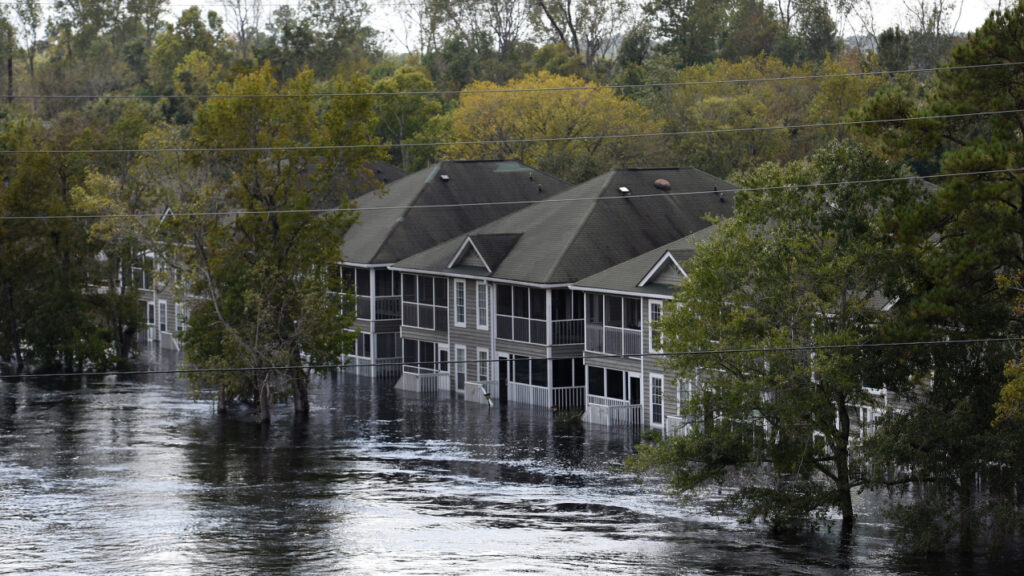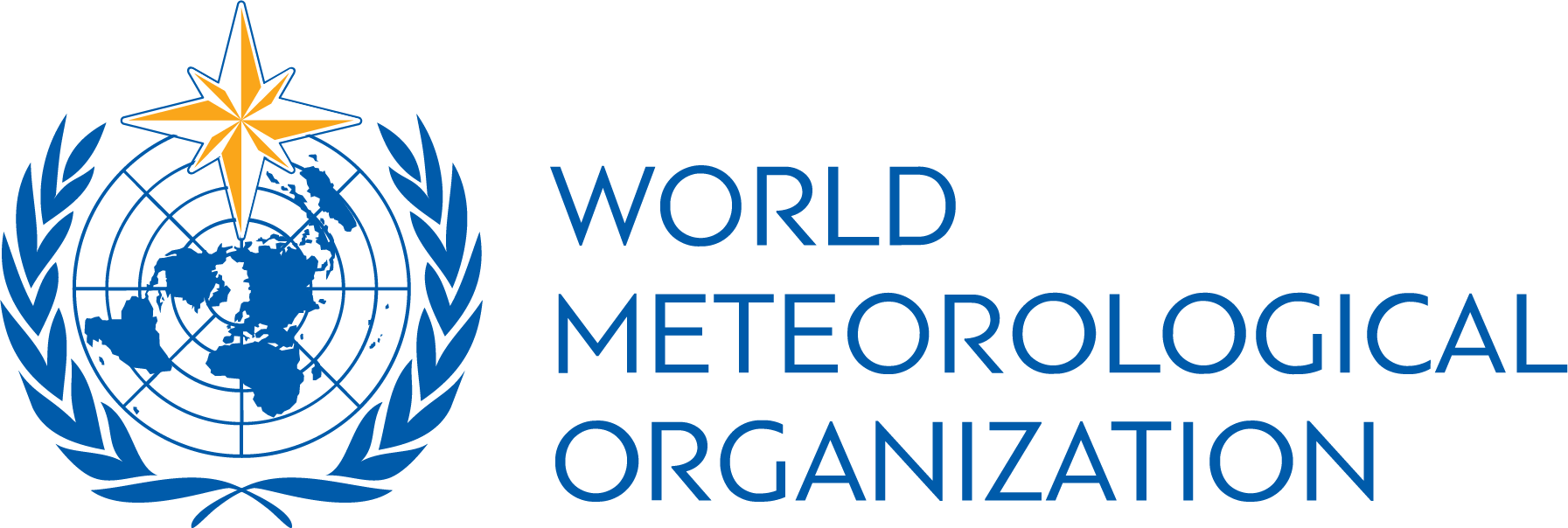

Ensuring that Early Warning Systems are effective and used worldwide within the next five years to empower and support organizations with aid.
InPRHA fully aligns with the 2021 WMO Water Declaration, which, in support of the global water agenda and the United Nations Sustainable Development Goals, acknowledges the central role of the water cycle and hydrology in the water-climate-weather continuum. It is also in harmony with the WMO Vision and Strategy for Hydrology and its associated Action Plan which targets eight long-term ambitions for operational hydrology including, “No one is surprised by a flood” and “Science provides a sound basis for operational hydrology.”
The WWRP has prioritized advancing research to improve early warning systems (EWSs) that inform societal actions, planning, and policy decisions. The revised 2024-2027 Implementation Plan focuses on multi-hazard research, improving the communication of uncertainty, and bridging knowledge across disciplines to enhance forecast capabilities. The InPRHA project, part of this effort, integrates hydrological insights, emphasizing flood hazard forecasting and early action strategies. Unlike the HIWeather project, which focuses on severe weather warnings, InPRHA incorporates hydrological and coastal systems, promoting collaboration across meteorology, hydrology, social sciences, and other stakeholders. This approach aims to improve early warnings and actions, ultimately enhancing forecasting accuracy and effectiveness.
Early Warnings For All
Ensuring everyone on the planet is protected from hazardous weather, water, or climate events through life-saving early warning systems.
A groundbreaking effort, The United Nations (UN) Early Warnings for All (EW4All) action plan, was launched by UN Secretary-General António Guterres during the World Leaders Summit at the UN 2022 Climate Change Conference, COP27.
Partners & Stakeholders


